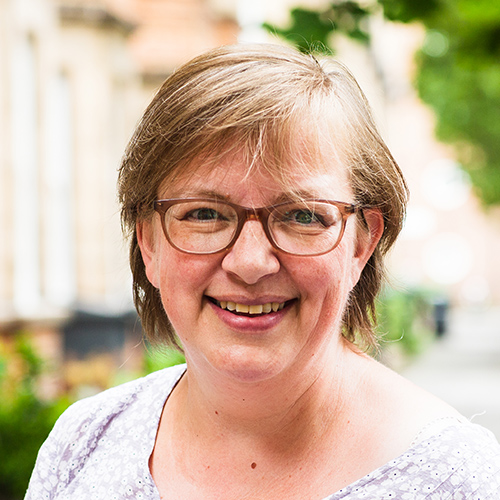Ozan Varol is a rocket scientist, a law professor, a best-selling author and a self-styled contrarian. He firmly believes in questioning authority, challenging the status quo, and rejecting the idea that there could be a truth or certainty out there. That’s a pretty standard, post-modern approach to the world. Yet I found his recent, well-received post on Medium very revealing [1].
His reasoning for rejecting the pursuit of right answers was baffling, since at every turn he seemed to undermine his own conclusion. It became clear as I read that he has three main objections to the quest for truth:
- He doesn’t like being told how to reach the right answers;
- He doesn’t always understand what they mean when he finds them; and
- Finding them is just too much like hard work.
Point one is illustrated by this story:
Back in high school, I [Varol] once got the right answer on a math exam using a different method than the one taught in class. Much to my surprise, I lost half the points. When I asked why, the teacher [explained] to me that there was one right way to reach the right result that he had taught in class.
So he acknowledges that a right answer exists, but objects to being marked down for not reaching it in the prescribed way. His objection to this style of teaching – where the teacher wishes to equip students with the methodology they need to approach problems, then tests them to see if they have understood the concept – has led him to throw out the baby (the concept of a right answer) with the bathwater of the methodology.
Point two is illustrated with recourse to fiction. Varol has recently read Douglas Adams’ humorous sci-fi book The Hitchhiker’s Guide to the Galaxy, and recounts perhaps its most famous episode. A giant supercomputer, Deep Thought, has been built to resolve the ultimate question of ‘life, the universe, and everything’. Seven and a half million years of calculations lead it at last to the answer: 42.
Although the book’s fans have tried to ascribe some symbolic meaning to this number, I think there is none: Adams was simply mocking the lengths that humans will go to find the right answer to everything.
If Varol had continued to the next page of the book, however, he would have read Deep Thought’s response to this:
I think the problem, to be quite honest with you, is that you’ve never actually known what the question is… [Once you know that] you’ll know what the answer means [2].
Just because the answer isn’t what you were expecting, or doesn’t fit with your understanding of the universe, that doesn’t mean it is somehow invalid or meaningless.
Varol praises out-of-the-box thinking and rightly acknowledges that many, many inventions and breakthroughs in science, medicine and technology have been accomplished by creative, inventive, speculative thinking. Yet, unlike such great innovators, when he is faced with a ‘fact’ he can’t make sense of he rejects it out of hand, rather than putting in the effort to explore it, investigate it and make the breakthrough to the truth that it points him to.
Which leads us to the third point: finding the right answers is just too much like hard work:
In life, choices rarely present themselves with clarity. We’re required to act based on imperfect information and make a call with sketchy data. Consequently, the “right” answer tends to elude us.
Yet surely that is a reason to keep on looking? He highlights the polarisation of politics that occurs when we shy away from the nuance of arguments and simply cling to our position and reject all others, but his solution seems to be that we should not take a stance, rather than that we should embrace the complexity, listen to the points from all sides and put in the work to understand them and find the right way forward.
This is well illustrated by this Calvin and Hobbes cartoon:

When a cartoon six-year-old rejects the pursuit of truth because it’s too difficult, it is clearly risible [3]. When a ‘best-selling author’ suggests it, it sounds scarily appealing, and fits well with the ‘find your own truth’ mantra of our day.
Where I do agree with Varol is in his nervousness of the insistence on rote learning facts which are not allowed to be questioned. This way dictatorships lie. In the Farenheit 451 dystopia he quotes, the authorities want people to stop questioning because they might find the truth, and hence topple the regime. Varol acknowledges the danger of that, and appears to want people instead to keep questioning, but to simultaneously reject the idea that their quest will lead them to truth.
I don’t know about you, but to me the idea of constantly challenging everything just for the sake of it, with no hope of finding answers sounds tedious and depressing in the extreme.
The way to combat totalitarianism, be it political, cultural or religious, is not to stop searching for truth, but to start. Don’t blindly accept whatever line the politician, professor, preacher or philosopher feeds you. Question it, check it out, investigate it. Look at it from other angles. Don’t do it with the intention of evading the truth, but of discovering it and understanding it. The only people who want to prevent that are those who fear the truth and its consequences.


